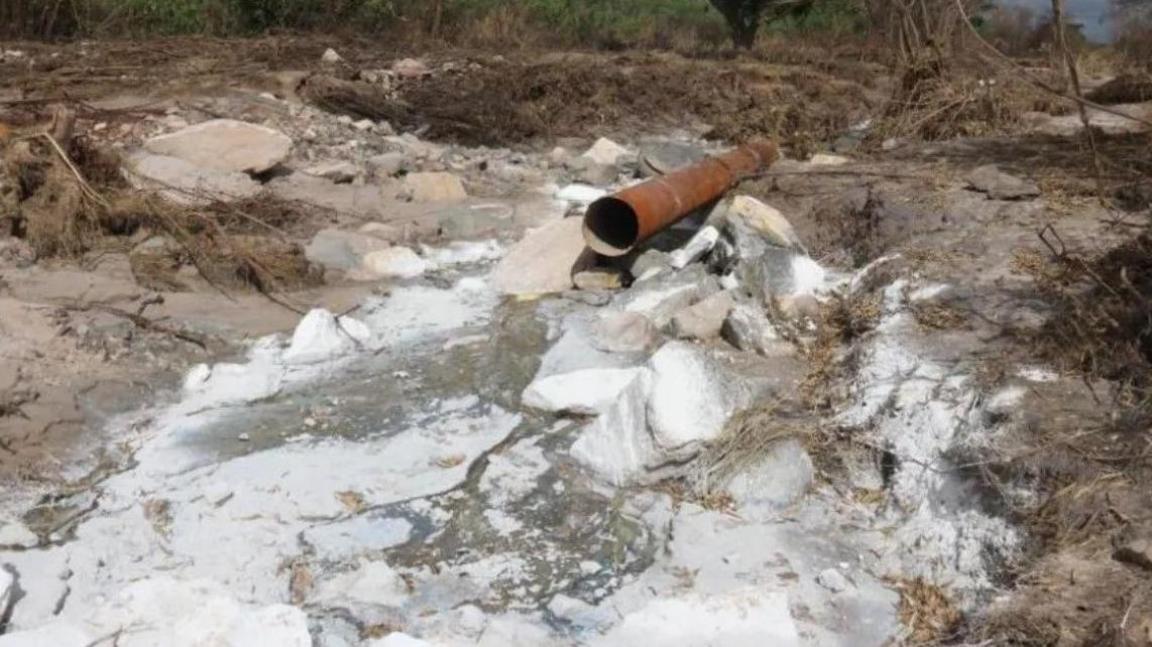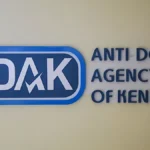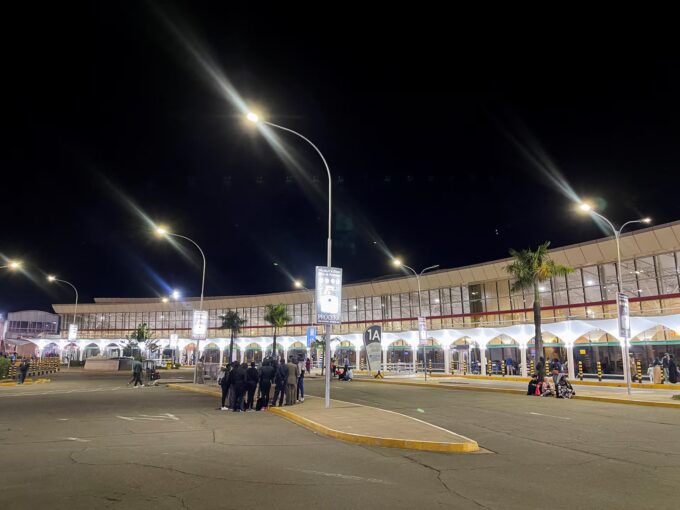The Zambian government has vowed to pursue further compensation and accountability following one of the country’s worst environmental disasters in recent years a massive toxic spill from the Chinese-owned Sino-Metals Leach Zambia copper mine that polluted key waterways and endangered thousands of lives.
The disaster occurred in February when a dam holding mine waste collapsed, releasing highly acidic, heavy-metal-laden tailings into rivers connected to the Kafue River near the northern city of Kitwe, a crucial source of drinking water and irrigation for local communities. The spill poisoned fish, destroyed crops, killed livestock, and left thousands of farmers and families facing serious health risks.
Sino-Metals, a subsidiary of the China Nonferrous Metal Mining Group, quickly issued an apology and pledged to pay $580,000 in compensation, but Zambia’s Vice-President Mutale Nalumango has stressed that the company’s initial response “may not be all,” adding firmly that the safety of Zambian citizens is “non-negotiable.” She emphasized that a thorough and independent assessment of the environmental and health damage will determine whether further compensation is needed.
Conflicting reports have emerged regarding the scale of the disaster. Sino-Metals initially reported that 50,000 tonnes of waste had entered waterways. However, an investigation conducted by South African environmental firm Drizit, originally contracted by Sino-Metals, revealed that the true figure was staggering 1.5 million tonnes of toxic waste, with nearly 900,000 cubic meters of tailings still contaminating the environment. Drizit’s findings indicated the presence of hazardous levels of cyanide, arsenic, lead, zinc, cadmium, chromium, and other pollutants that pose long-term health risks, including cancer, birth defects, and organ damage. Sino-Metals later disputed the report and terminated its contract with the firm, citing “contractual breaches.”
The spill has attracted international concern. Finland’s government released a travel advisory warning of contaminated water containing 24 different heavy metals, 16 of which exceeded World Health Organization safety thresholds. The United States embassy also issued a health alert, withdrawing personnel from Kitwe and surrounding areas due to “widespread contamination of water and soil.” Despite this, the Zambian government has attempted to calm fears, insisting that the situation no longer posed severe public health risks.
However, local communities and human rights groups argue otherwise. Human Rights Watch reported that the spill has wiped out livelihoods by killing fish stocks, burning maize and groundnut crops, and decimating livestock. Farmers and residents in affected areas told HRW that they continue to suffer from headaches, coughing, diarrhoea, and other illnesses that intensified after the toxic release. Some also reported not receiving the compensation promised by Sino-Metals.
In response, authorities have imposed a fishing ban on the Kafue River and deployed Zambia’s air force and speedboats to drop lime into contaminated waterways in an effort to neutralize acidity levels. But environmental activists warn that the long-term ecological damage and health consequences could last for decades if the situation is not addressed comprehensively.
The copper spill has once again highlighted Zambia’s fragile balance between economic dependence on mining and the environmental and social costs of extraction. As one of the world’s top 10 copper-producing nations, Zambia relies heavily on the mining sector for revenue and jobs. However, incidents such as this underscore growing concerns about environmental oversight, corporate accountability, and the impact of foreign-owned mining operations on local communities.
Vice-President Nalumango has reiterated that if investigations reveal greater damage than initially acknowledged, the Zambian government will demand additional compensation and hold Sino-Metals accountable. “If the damage to land and livelihoods proves to be more extensive or long-lasting than initially understood, then further compensation will be necessary and it will be pursued,” she declared during a meeting with company officials.
For now, the people of Kitwe and surrounding communities remain in limbo, grappling with health concerns, devastated farmland, and uncertain futures. The spill has not only raised questions about environmental governance in Zambia but also drawn international attention to the broader issue of toxic waste management in Africa’s mining industry.
As the investigations continue, what remains clear is that Zambia’s government is under pressure to ensure justice for affected communities and to set a precedent that environmental negligence will not be tolerated, no matter the size or influence of the companies involved.













Leave a comment